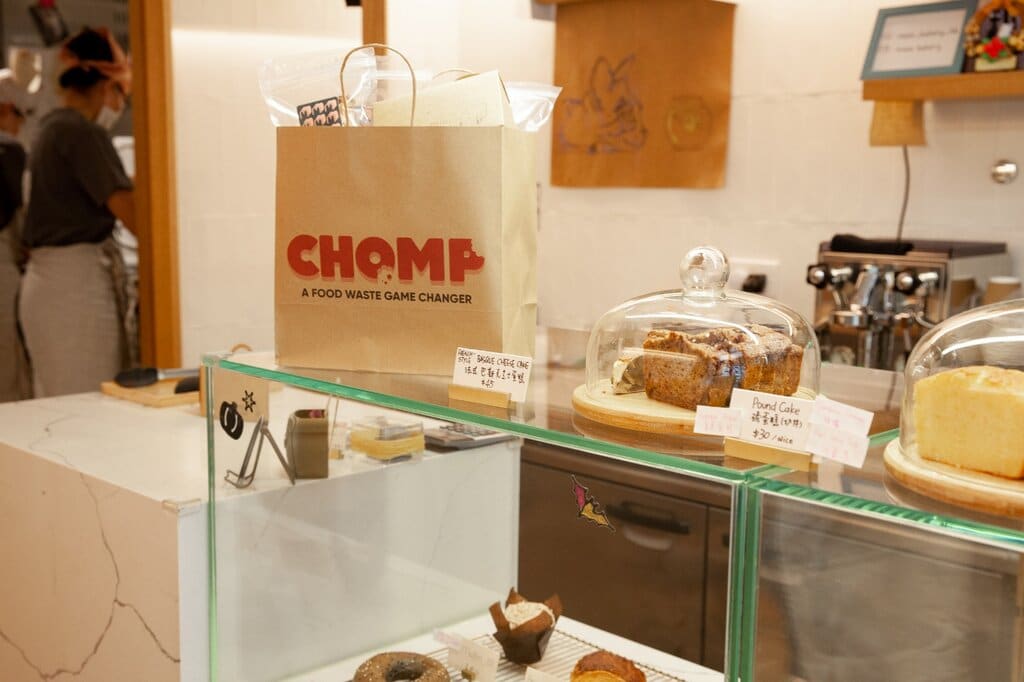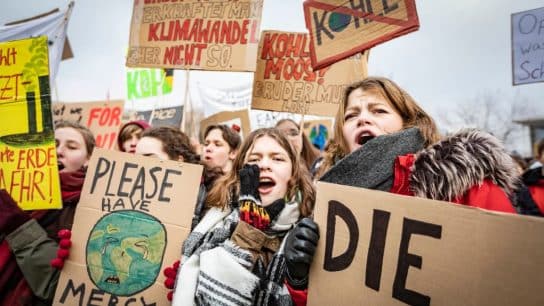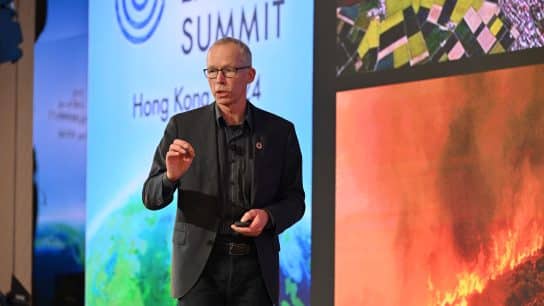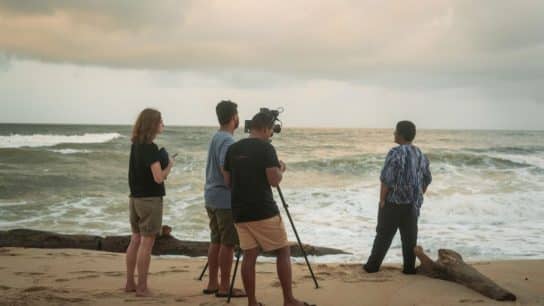On February 23, Earth.Org had a conversation with Chris Wettling, co-founder and Head of Business Development of Chomp HK, an app designed to address food waste and food surplus in Hong Kong by connecting customers to F&B businesses who have food in need of rescuing. In this fireside chat, we discussed the environmental and social impacts of food, how individuals and companies can alter their perception of food consumption, and the struggles and successes of Chomp since its launch.
—
Chris spoke with Earth.Org about several topics, including:
- The difference between food waste and food surplus. Food surplus is a result of foods and products that have gone unsold and as a result, are in excess and potentially piling up in storage, whereas food waste is the conscious action of throwing away food by a consumer. This can occur in households, restaurants, and supermarkets. Food waste takes place at the end of the supply chain.
- The later food is wasted along the chain, the greater the environmental impact. For example, the loss of 1kg of beef is wasting 50,000 litres of water. The same is if you pour a glass of milk down the drain, you’re essentially wasting 1,000 litres of water. Food waste is also taking up land as they go towards landfills, which produces a large amount of methane – a more powerful greenhouse gas than CO2.
- The food waste in Hong Kong. They include the low price of food, large portions being served, cultural reasons to ordering more when treating others at restaurants, as well as over ordering with food delivery services to void delivery charges.
- The struggles and success of launching the bilingual solutions-based app Chomp, by offering food surplus from local bakeries and other F&B businesses to consumers packaged in “mystery boxes”.

You can check out the full length video of Earth.Org ‘s conversation with Chris Wettling below:
You might also like: 25 Facts About Food Waste


















